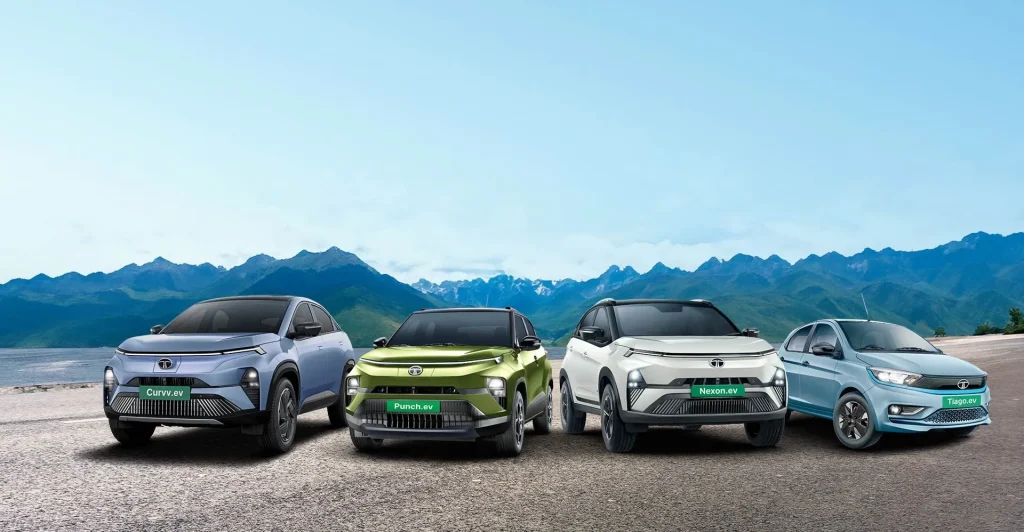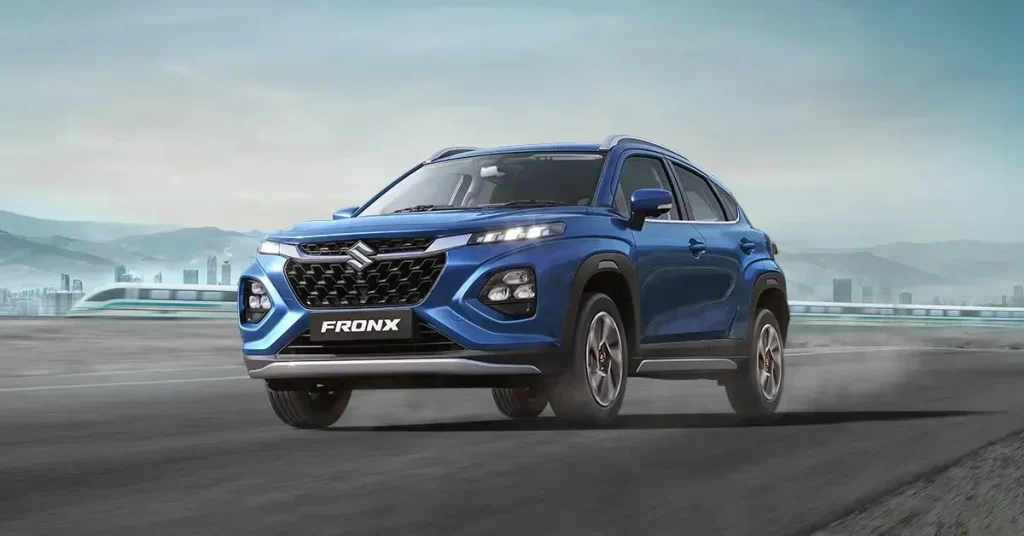Indian automaker Tata Motors has confirmed a price increase across its entire passenger vehicle range, including electric vehicles, effective from January 2025. The price hike, ranging up to three percent, is attributed to rising input costs and inflation, which Tata Motors aims to address through this adjustment.

The company, known for a diverse lineup from the Tiago hatchback to the Harrier and Safari SUVs, explained that this change is necessary to help mitigate escalating production expenses.
In addition to Tata Motors, Kia India also announced a price increase of two percent for its full model range, including popular vehicles like the Seltos and Sonet, starting January 1, 2025. Kia attributed this hike to the impact of rising commodity prices and supply chain costs. However, the automaker mentioned that it absorbed a significant portion of the rising costs to reduce the financial strain on its customers.

Maruti Suzuki, the leader in the Indian market, plans to raise prices by up to four percent, citing higher input costs and operational expenses. Hyundai Motor India also plans to increase prices by up to ₹25,000 across models like the Verna and Creta, mainly due to inflation, unfavorable exchange rates, and increasing logistics costs.

Mahindra & Mahindra confirmed a price hike of up to three percent, and MG Motor India will implement a similar increase across its models in the same period.
The widespread price hikes reflect the broader challenges faced by automakers in balancing rising production costs with consumer affordability, highlighting a tough economic landscape for both the automotive industry and its customers.
